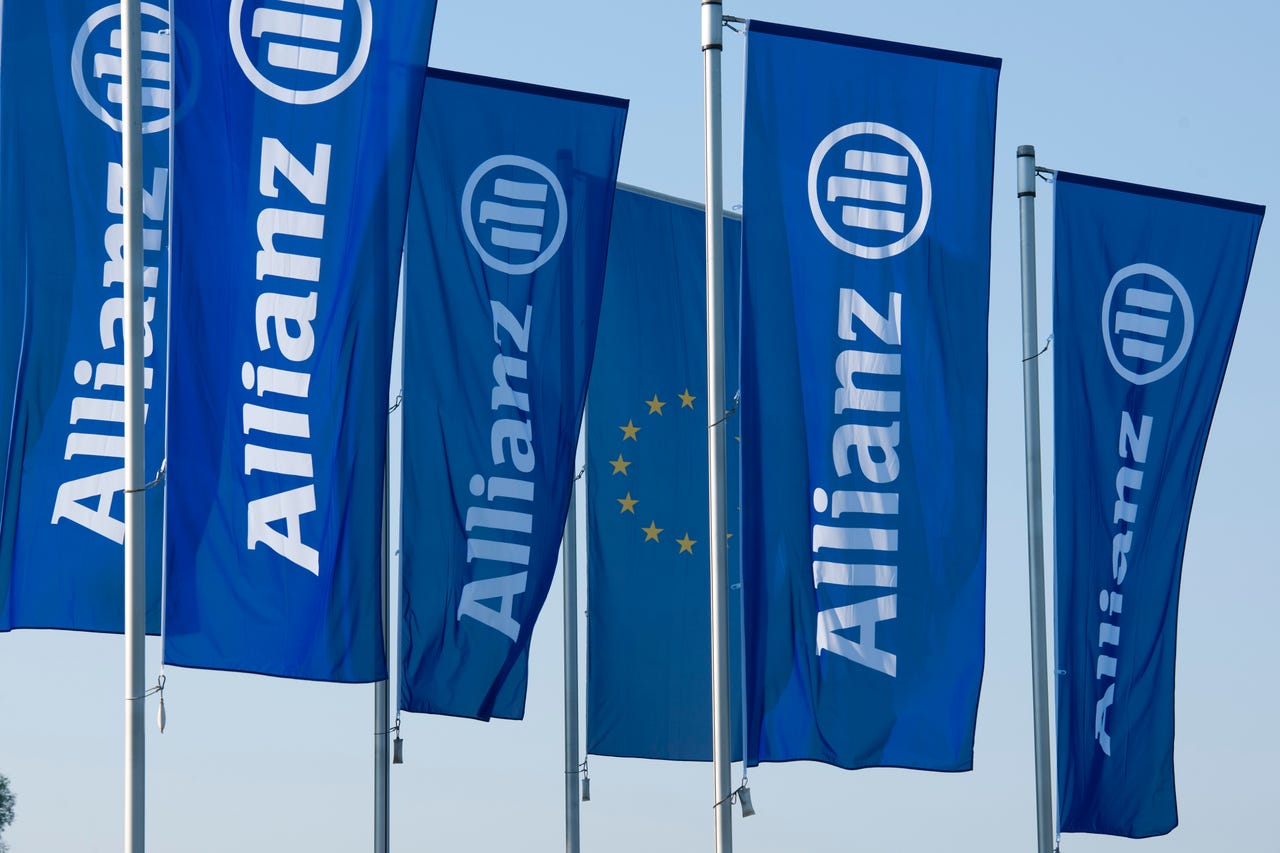How DevOps is helping Allianz Insurance UK to become smarter and quicker


Allianz is deploying DevOps to make deployments flow better.
Originally founded as The Insurance Company Ltd in 1905, before becoming part of the Allianz Group in 1986, Allianz Insurance UK has plenty of history. Naturally, the company's technology usage has had to evolve over the years, and it continues to do so.
"Like all large insurance companies, we have a large in-house IT capability, we have a number of internal systems that we develop and enhance ourselves; and in line with other organisations our desire is to do it quicker, better, faster," said Adam Rates, head of strategy and architecture at Allianz Insurance UK.
"One of the important ways of doing that is by adopting DevOps practices and automating some of the things we were doing manually so we can get better, quicker, faster," he added.
DevOps revolves around collaboration between departments and the blurring of roles in a way that helps businesses become more agile by making changes to software products more quickly. For Allianz, the move to this agile delivery method is all about continuous deployment and the ability for staff to be flexible.
"DevOps is the construction of the team and the culture which sits behind a capability of supporting the agile development on top of the tooling," said Rates. "You can talk about DevOps as the tooling, you can talk about it as an agile team -- for us it's both of those, plus the cultural approach that goes with it of semi-autonomising the team."
Allianz began its DevOps journey because the firm wanted to move away from a manual approach to releasing new builds -- one that had room for mistakes.
"It's not that we were struggling to do it, but it was time-consuming thing to do. And because there were lots of manual steps and it wasn't entirely intuitive, you tend to get more human error than a machine makes," said Rates.
Automation, efficiency, and flexibility
In order to help deploy DevOps, Allianz turned to CloudBees, a firm that provides customers with solutions for automating software development and delivery.
"CloudBees were very good at giving us support and we were able to spin it up quickly, test it worked and see how the teams adapted before we committed in terms of time and effort. So that test-and-learn approach was very good for us and CloudBees were able to offer us that," explained Rates.
Using this approach has helped improve the efficiency of development, as it enables staff to be much more flexible, thus reducing build times, adds Rates.
"You eliminate that waste time and you eliminate human error -- it just makes it quicker. Then when you have a standard process for those things, it makes it quicker to move people around. They're not learning a new way of doing things -- it's automated, so it helps moving around and re-skilling be much quicker".
By employing DevOps in this way, Allianz "can do more quicker, but for the same amount of money", all while removing 'waste' from the software cycle -- something that ultimately helps drive the value of the IT department, while also providing customers with a more efficient service.
"One of the things we're looking to do is always improve the benefit for the customers. That needs some quite fast adaptation of what we do and what the customer expects to get from us in terms of electronic documentation and interaction with us, and it's important for us to deploy this capability quicker," said Rates.
Cultural change
However, adopting DevOps hasn't been without it's challenges, and the change in culture has been a big one.
"Moving from a waterfall delivery environment to an agile delivery environment, that involves a fundamentally different mindset," said Rates, who advises any organisation wishing to follow in Allianz's footsteps to "spend the time there so you're not worrying about tools" -- even if that means outsourcing.
But switching to this method of delivery has been successful for Allianz, and the company is looking to adopt it more widely across the business.
"We have it in a number of key areas and we'll increase its footprint as we become better at it and more effective," said Rates. "I think it'll be become an increasing part of what we do: a significant proportion of our customer-facing environments will be based on agile and DevOps very soon."